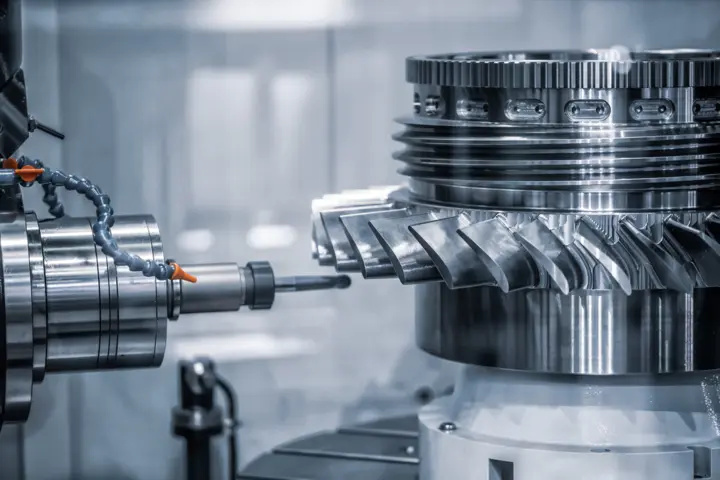Maximizing tool and machine performance
Kistler is now announcing a partnership with Productive Machines Ltd (UK) covering extended services to optimize machining processes, with a particular focus on milling applications. Productive Machines was founded by Dr. Erdem Ozturk, who also led the machining dynamics team at The University of Sheffield Advanced Manufacturing Research Centre (AMRC). The company supports manufacturers with dynamic analyses of CNC machining tools, as well as providing both physical and digital services to optimize NC programs.
The collaboration between Kistler and Productive Machines offers customers a range of value-added services in machine tool analysis: methods such as dynamic stiffness mapping, cutting force simulations and feed rate scheduling will help to minimize milling force spikes and maximize tool life and performance. Chatter vibrations can also be minimized by a prediction per stability map and an according adaptation of spindle speed. Another focus of the partnership is holistic optimization of CAM files as an aid to improving productivity and quality.
Best-ever insights into the machining process
The physical stage of the service is performed with an impulse hammer – a device containing a piezoelectric force sensor that dynamically excites the structure under test. Resulting vibrations are measured with IEPE accelerometers from Kistler, and a modal analysis then determines the dynamic behavior of the structure (a milling machine, for example).
The partners are also offering DIGI-FORCE – a new digital service to determine key parameters of a machine setup based on machine data. Various levels of the DIGI-FORCE service are available, and it can be combined with physical measurements to obtain a complete account of machine and tool capability and performance. The DIGI-FORCE OPT service adds the FRF file data from the machine measurement to the optimized CNC program – so chatter vibrations, tool wear and machine breakdowns can be significantly decreased or even eliminated altogether.
Researchers and production engineers who opt for these services benefit from simulated force levels as the basis for optimizing their CNC machining programs – leading not only to enhanced productivity but also reduced effort for R&D and process analysis.




![Smart services for CNC machining: Kistler partners with Productive Machines [object Object]](https://kistler.cdn.celum.cloud/SAPCommerce_Document_Preview/999-241e.webp)